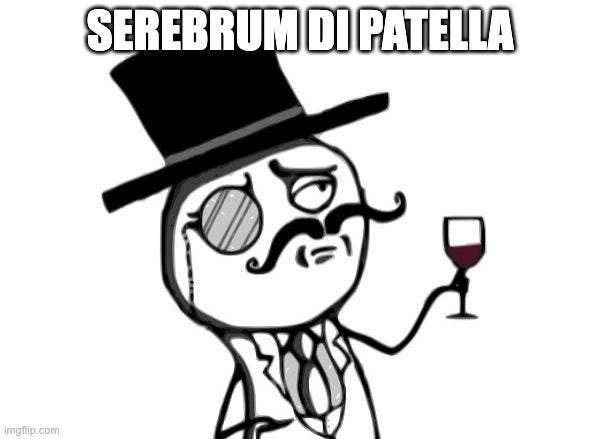Earlier this year, I had a very vivid dream about Mona Fandey, the pop singer and shaman who was charged for the murder of a politician.
My curiosity re: Fandey was low-key at the time. I had just begun my foray into Malay shamanism and she seemed like an interesting figure because there were very few women practising the trade.
But I woke from that dream and felt like I had received a message. My low-key curiosity started to turn into a growing obsession.
A dream in which I am a fangirl
I was looking for something I had dropped during an event, when suddenly I got a phone call from Ming.
“Come!” he said. “Quickly come now!”
I ran over and as I approached Ming, I saw that he was pointing at an area nearby. I turned and saw a woman with coiffed hair, wearing a brilliant, blood red dress.
In my dream, I knew it was Mona Fandey.
I immediately took out the notebook I carry around – the school exercise book with small squares for maths – and asked for her autograph.
“Eh, square tidak boleh,” she replied. I can’t sign my name on squares. (Don’t ask me to explain the magic, it was just dream logic.)
She took out a scrap of paper instead – it had burnt edges and faded writing on it – signed her name, then gave it to me.
“Ask your friends to come and see my concert,” she said, in Malay. “You can buy tickets online.”
“I will never die”
Mona Fandey never achieved widespread fame as a pop singer. Here’s how she found fame instead.
In 1993, she was convicted of murdering a Malaysian politician during a magic ritual. The politician’s body was cut into 18 parts and buried.
Watch “Fame-hungry Malaysian pop singer turns to gruesome witchcraft” on Dark Asia with Megan if you’d like more details on the story, but here’s the best part.
When she was executed in 2001, her last words were, “Aku tak akan mati.” I will never die.
And she hasn’t.
Mona’s memetic immortality
Despite having been physically dead for over two decades, Mona Fandey:
still regularly makes the news;
gets turned into meme art (a couple of my favourites below);
and is a Twitter hashtag that appears in yearly Tweet threads, especially in topics related to politics.
And now she’s been featured in a new song by Malaysian R&B artist, Malique – Sedih Hati (Sad).
The name and intro of Sedih Hati are taken from Fandey’s 1987 song, Ratapan Anak (Child’s Lamentation) where a child laments about not having a mother.
“We need you, Mona Fandey”
It’s common to see this on Twitter (as well as “bring back Mona Fandey”) during election season and whenever a politician commits some kind of wrongdoing.
So it’s interesting that Malique’s rap – which has amazing lyrics (poetic!) – is also very political.
The rap mentions theatrics and clowns, which are words that have been used to describe Malaysian parliament meetings. He also refers to people who have “serebrum di patella”, a very like-a-sir way of saying otak di lutut (brains in the knees).
One line in particular stood out to me, because it references a character from Malay folk tales – Pak Pandir, in the line “Yang maling alim dan zalim Pak Pandir mendominasi”.
It means something along the lines of “the thieving, pious and tyrannical Pak Pandir dominates”.
Like most folk stories, there are many versions of the tales and characters but basically:
Pak Pandir is a Don Quixote-type character, who is naive and does stupid things that hurt his entire family. His wife, Mak Andih gets angry in most of the stories, but often does not have any power to prevent the harm he does.
In one of the stories, Pak Pandir literally kills their child. As a mother, Mak Andih is absent and/or powerless.
The lack of a “mother”
There are many ways to close read Sedih Hati and analyse the Mona Fandey feature – why that particular song, why those four lines from the song?
Is it a reference to modern life in general? Heteropatriarchal (I’m super generalising), capitalistic, with no care for the land we live on?
Could it be about how everyone’s just out for power and no one actually cares about citizen well-being?
Does it relate to how people on the ground might feel like Malaysia is their country and home, but not their motherland?
As you can see, I’m fascinated
What I meant to say from the start of this piece was that I feel compelled to take this curiosity further.
In my PhD proposal, I wrote that I wanted to study film and internet media to “draw connections between the cultural perception of Fandey and the current movements within the socio-political landscape of Malaysia”.
Through a dream, my Unconscious said, “Do it!”
Have you come across anything interesting about Mona Fandey? (Or maybe even written / produced anything about her?) Please send!





